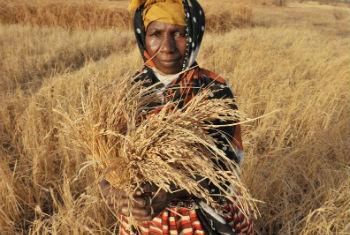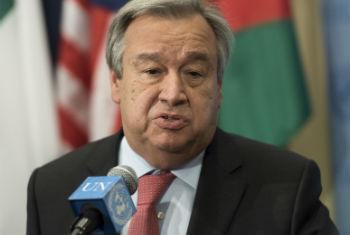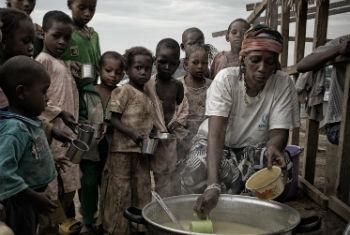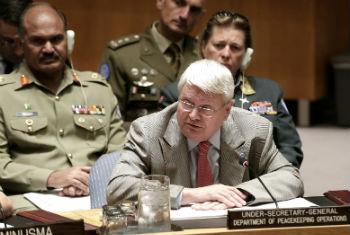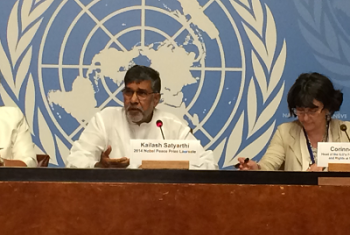Climate change affecting nutritional quality of food
The impact of climate change on the nutritional quality of food is addressed in a new book unveiled by the UN Food and Agriculture Organization (FAO).
Entitled, “Climate Change and Food Systems”, the book covers a number of issues ranging from the pressures of climate change on food systems to how climate change impacts trade flows and water resources.

